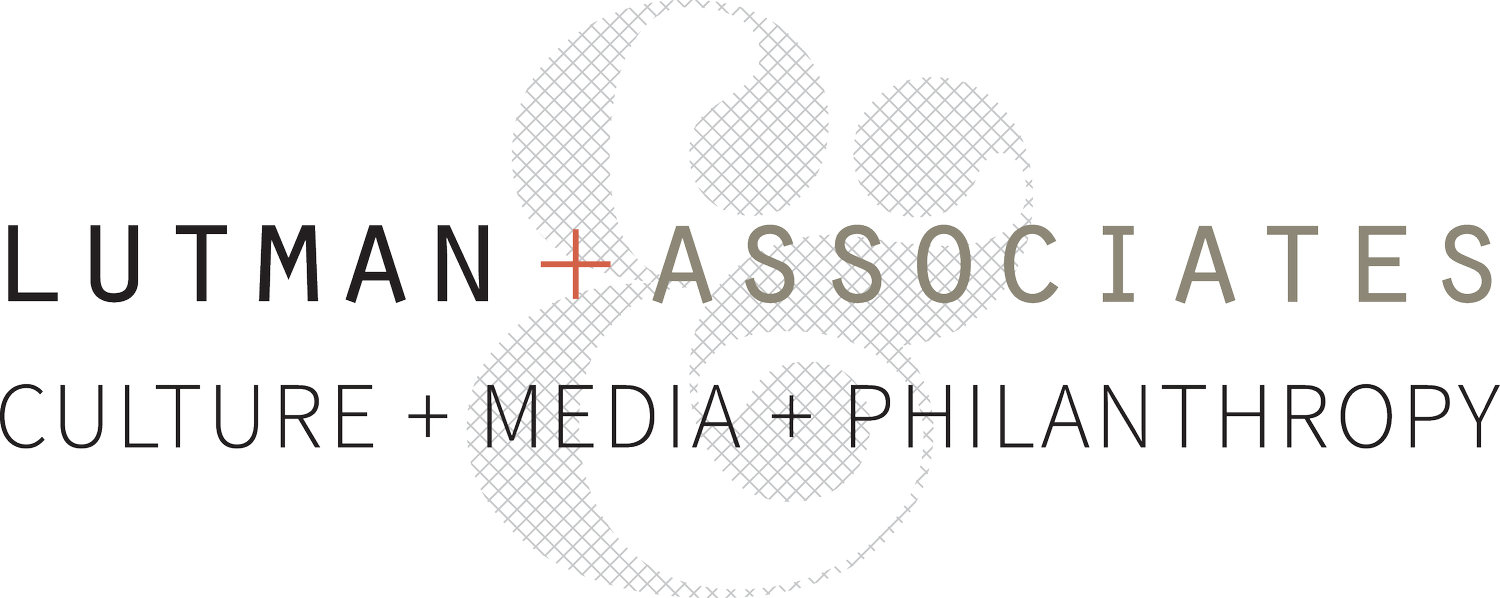In August, Dr. Eric Jolly became president and CEO of Minnesota Philanthropy Partners, a group of foundations that includes the St. Paul Foundation. Jolly, a Ph.D. psychologist, had an extensive career in academia before joining the Science Museum of Minnesota as president in 2004. He has a substantive track record of leadership focused on excellence and equity in the nonprofit sector. Twin Cities Business sat down with him recently to learn more about Jolly and his vision for the organization he now leads.
Q} You had a great job leading the Science Museum. What made this new job attractive?
{A} During my first academic appointment I also held a Kellogg National Leadership Fellowship and I studied international philanthropic diplomacy. I was curious about how diplomacy affects the recipient as well as the giver, and how people distort their goals, values and ambitions because of the transaction itself. Since then I’ve always been in the nonprofit sector, and I’ve been on foundation boards most of that time. So that’s one track. I’ve always been curious about and involved in the [philanthropic] sector and what the sector can accomplish.
I had always been involved throughout my faculty positions in issues of equity, whether it was founding the National Institute for Affirmative Action and Diversity at the University of Nebraska or serving on commissions that helped people of color, women, minorities and persons with disabilities. The goal was to give opportunity and voice to the many communities that didn’t have a place at the table.
I wanted to come to the Science Museum because it’s a wonderful institution, but also as an opportunity to demonstrate how an institution can, in its community, lead the nation. And we did that.
I fell in love with St. Paul. I had a great run at managing a great social and educational institution for our state. Now I get to care for and cherish all of the social and cultural institutions that grow our opportunities in the state.
{Q} You’ve run an organization that has to raise a lot of money. How will that affect how you lead an organization that gives money away?
{A} I hope it brings a better understanding and empathy for the position of those who want to change the world and who find seeking the funds to do it somewhat of a distraction to their passion. I hope it helps me find ways to serve them that doesn’t cause us to distort their mission or their approach from where their heart and mind would take them, because it’s very easy to be on this side of the [funding] equation and think you have a good idea. And I suspect the challenge for me will be reining in the enthusiasm of those who have the financial resources, including myself, so that we don’t distort the work of those who have their feet on the ground.
{Q} What are the likely themes of your leadership?
{A} Our themes are going to be creating a healthy community that has active and well-tended agents of change who have a passion for their work. We’re going to be focusing on equity, particularly racial equity, and we’re going to use economic opportunity and educational opportunity as two great drivers, though not the only ones. More than anything else, we’re going to recognize that the community has the solutions, and one of the better things that we can do is help create healthy agents of change at every level of development. We need to nurture the young person and invest in some of their nascent ideas, to take a chance on someone passionate and inexperienced. And we need to assure that those with experience stay in the business of helping our community grow, so they are there to nurture the next generation of leadership.
{Q} What messages do you have for the business community?
{A} That our work to create a healthy nonprofit sector is what creates a fertile environment for staff retention and staff recruitment. We help make the community you want to be in, whether it is a community of opportunity, a community in which the people you meet make you feel welcome and secure, a community of quality education or a community of great hearts. There’s something magical that you can come to the Twin Cities, and greater Minnesota, and see a world-class chamber orchestra, phenomenal opera, theater, public radio. We help create all of that. The fiber of our community is strong because our businesses contribute to it. It is a great strategy. Towns that just work on public safety and clean streets, but don’t work on filling the heart and soul, miss making a wonderful community. We know how to celebrate life here.
{Q} What else is on your mind as you begin your work?
{A} Coherence is the logical and consistent alignment among independent sectors, entities and players toward a shared goal. The toughest part of getting coherence is getting these independent sectors to align. We don’t give away enough money to solve the problems of this community, but together—aligned with others—we have enough energy to see that they get solved.
Beyond that, philanthropy is about recognizing that the community has the resources and the knowledge to solve its problems. We need to give it the wherewithal. What I can’t wait to do is to devise the parts of this program that allow me to get out of the way and watch.
